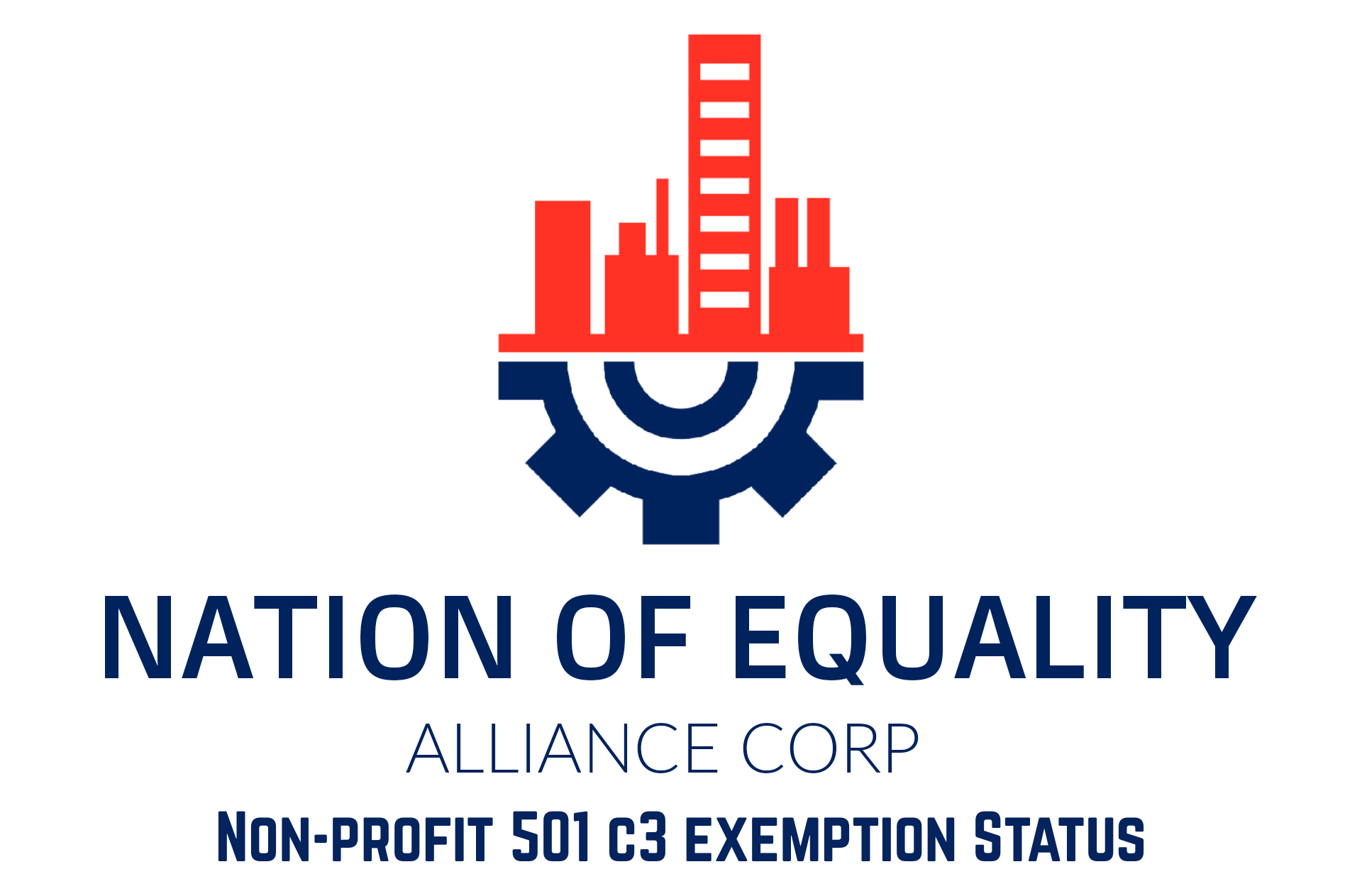A Real Estate Property Management job involves overseeing and managing real estate properties on behalf of the property owners. The primary responsibilities of a property manager include ensuring that the property is well-maintained, handling tenant relations, and ensuring the property’s financial profitability. Below are the key aspects of the role:
- Tenant Management: This includes finding and screening tenants, handling lease agreements, collecting rent, addressing tenant complaints, and managing lease renewals or terminations.
- Property Maintenance: Property managers coordinate repairs, maintenance, and upkeep of the property. They work with contractors and service providers to ensure the property remains in good condition.
- Financial Management: Property managers are responsible for setting rental rates, managing property expenses, budgeting, and providing financial reports to property owners. They ensure timely rent collection and handle payments for utilities, taxes, and other expenses.
- Legal Compliance: Property managers must ensure that the property complies with local laws, including safety standards, zoning regulations, and lease agreements. They may also deal with legal disputes, evictions, or other tenant issues.
- Marketing and Leasing: Property managers often handle marketing for vacant units, conducting property tours for potential tenants, and ensuring occupancy.
Overall, a property management job is a balance between administrative, operational, and financial tasks, aimed at maximizing the value and profitability of a property while providing a positive living or business environment for tenants.



